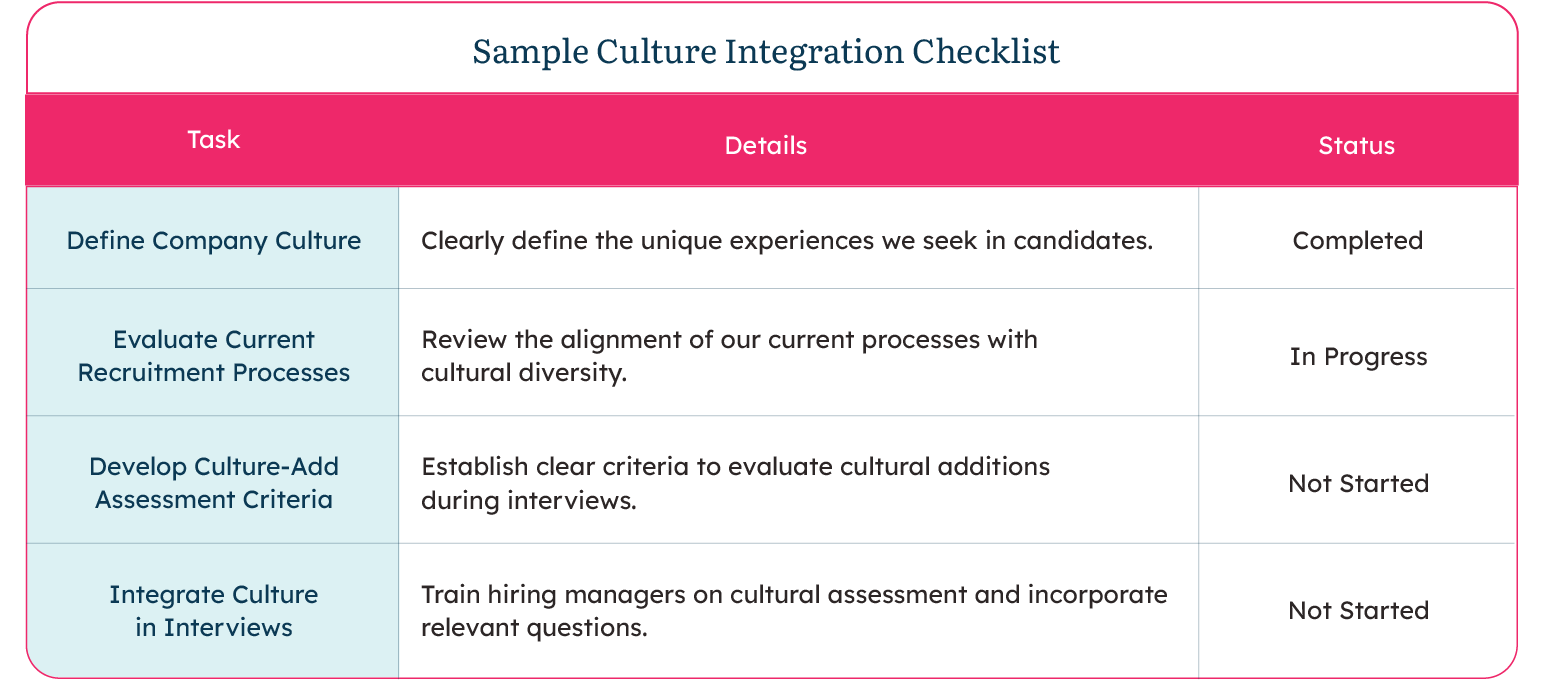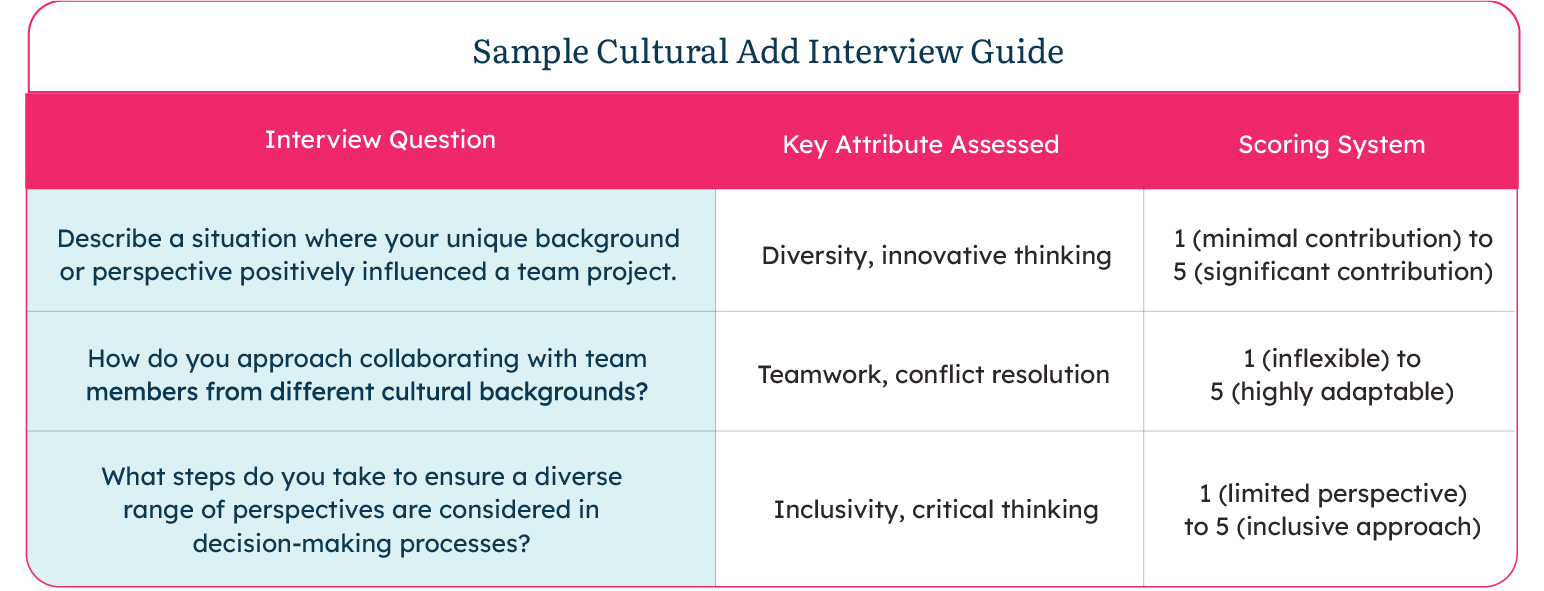In the aftermath of the COVID-19 pandemic, there is no room for wishful thinking. The data is in, job seekers and employees have spoken, and it’s abundantly clear: remote work works. Return-to-office policies are outdated and employees have finally gotten a taste of schedule flexibility and desperately needed work-life balance, so, it’s high time we accept the new reality that remote work is here to stay. So why are corporate leaders forcing their employees back into the office? Why is society moving backward on this?
As more and more return-to-work policies take place for the new year, it’s increasingly evident that a refresher on the benefits of remote work is needed. So, let’s dive into why remote work should be here to stay.
Attracting and Retaining Talent
Talent doesn’t sit around waiting for a cubicle. Top professionals increasingly prioritize work flexibility, in fact, in a recent survey, 65% of respondents indicated workplace flexibility as a top factor when considering non-salary compensation elements that they find most important. If that data isn’t convincing enough, Business Insider recently reported that while only 9% of job postings on LinkedIn were listed as fully remote, those very listings attracted nearly 50% of all job applications—that is HUGE.
And, with increased work flexibility and larger applicant pools to choose from due to a remote work model, comes increased diversity hiring. The data is undeniable; 78% of women between ages 25 to 54 are now in the labor force (a substantial increase), the New York Times has reported a 12% increase in employed individuals with disabilities, and a whopping 80% of Black, Asian, or Asian-American and 86% of Hispanic workers prefer hybrid/remote flexibility. Remote work is vital to growing DEI efforts.
Recent data also points to a correlation between increased employee retention and remote work flexibility with 74% of employees indicating they would be less likely to leave their company with remote work options.
Companies that offer remote work options have a significant edge in attracting and retaining the best and most diverse talent, plain and simple.
Employee Wellbeing and Work-Life Balance
The workaholic culture of the past is no longer relevant to a post-pandemic society that learned that life as we all know it can change in the blink of an eye; because of this, quality time spent with loved ones and partaking in hobbies and activities that bring joy and fulfillment now take precedence over “grinding” for an organization that under-values their employees.
Remote work provides employees with more flexibility to balance work and life, getting back valuable time once spent commuting and enabling them to manage their time more effectively. This is especially present in data correlating a rise in remote work with an increase in mothers in the workforce. This correlation between remote work and working mothers can be directly attributed to the increased schedule flexibility remote work offers in allowing mothers to be present for their children as needed while maintaining a successful career.
Additionally, with Gen-Z projected to make up 25% of the global workforce by 2050, employers need to be thinking forward, not backwards, to adjust to Gen-Z’s uncompromising work-life balance and employee well-being demands.
It’s a no-brainer – prioritize employee wellbeing or lose out.
Technological Advancements and Forward Thinking
The pandemic expedited the adoption of technology to facilitate remote work. These advancements are not mere short-term solutions; they’re here to stay. The likes of Zoom, Slack, and project management tools have revolutionized the way we work, leading to even greater remote work productivity and collaboration.
If technological innovation continues evolving toward improving the effectiveness and possibilities of remote work, shouldn’t employers embrace this to stay ahead of the game? The switch to remote work not only maximizes the technology we have but also constantly pushes for new and more efficient technological innovation. Rejecting innovation rarely ends well for companies…just ask BlackBerry.
According to a recent GroWrk article discussing remote work and digital transformation, there are a variety of substantial benefits of organizations continuously adapting to new technologies such as reduced costs and improved customer satisfaction due to advanced technological efficiencies, enhanced collaboration and innovation, and staying ahead of competitors through offering the most advanced tech services. All of these benefits can be fueled by a remote work company model and culture.
The Truth About Remote Productivity
Let’s cut through the noise – remote work is not a productivity killer.
Many studies surfaced throughout the pandemic indicating that remote work leads to increased productivity. A 2020 survey revealed a 5% increase in productivity in remote workers and a 2022 study revealed that employees with full schedule flexibility reported 29% higher productivity—to name a few.
But admittedly, the data is skewed. Recent studies have surfaced finding a possible 10% decline in productivity. Employers may see this data and immediately call for a return-to-office.
But the problem with employers sending individuals back to the office for this reason is that they view a return-to-office as the ONLY solution for a remote work-fueled decline in productivity. This logic completely disregards all the benefits of remote work, solely for the sake of maximum productivity despite employee demands for remote options.
A more adaptive workaround would be to implement a performance evaluation system to measure employee performance based on output and quality of work. This way, there is a remote-work-friendly system in place to support employees in hitting their productivity marks while benefiting from remote-work flexibility.
With remote work boosting substantially due to the pandemic, as sudden as it was, adapting to a remote work model isn’t going to be immediately perfect. However, considering the variety of benefits it brings to both organizations and their employees, it’s worth investing time and resources into making it work.
Moving Forward, Not Backward
There’s no sugarcoating it: return-to-office policies are relics of the past. The data and demands of employees speak loud and clear. Remote work is a proven game-changer that leads to increased diversity, talent attraction and retention, employee well-being, technological advancement, and a push for employers to get creative in supporting employee productivity through more effective performance evaluation.
In this era, holding onto the outdated notion that we must be tethered to an office desk to prove we are doing our job is a self-imposed hindrance to a better future we all deserve. It’s time for organizations to embrace the future, embrace remote work, and reap the rewards of a more agile, diverse, and happy workforce.
There’s no more room for debate. Remote work is the present, and it’s the future. It’s time to face the facts and seize the undeniable opportunities it offers.




